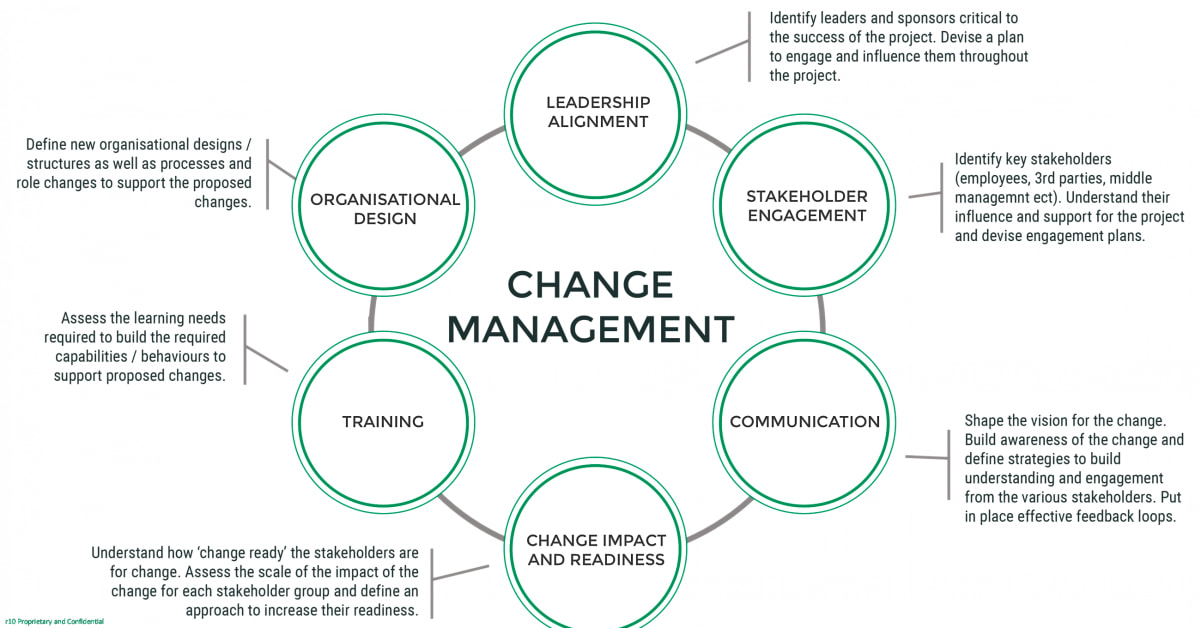In today’s constantly evolving business landscape, staying ahead of the competition is crucial for success. One way to gain a competitive edge is through process improvements. These improvements not only streamline operations and increase efficiency, but they also unlock growth potential for your business. In this article, we will delve into the world of process improvements and how they can benefit your business in the long run. So whether you’re a small start-up or a well-established company, read on to discover how you can take your business to the next level through process improvements. Let’s dive in!
It’s essential to understand what process improvements are and how they differ from other types of consulting services. While traditional consulting may focus on overall strategy and vision, process improvements hone in on specific areas of your business operations that can be optimized for better efficiency, productivity, and ultimately, growth.
There are various types of process improvements that businesses can implement, such as Lean Six Sigma, Total Quality Management, or Business Process Reengineering. Each approach has its own set of tools and techniques designed to identify and eliminate inefficiencies in different areas of your business, from production and supply chain management to customer service and financial processes.
For example, if you are looking to streamline your supply chain operations, a consultant may use value stream mapping to identify areas of waste and implement strategies to improve the flow of materials and reduce costs. Or, if you want to enhance customer experience, a consultant may use customer journey mapping to identify pain points in your current processes and make recommendations for improvement.
The benefits of process improvements go beyond increased efficiency and cost savings. By optimizing your business processes, you can also improve the quality of your products or services, enhance customer satisfaction and loyalty, and ultimately drive business growth.
One key factor in the success of process improvements is having a strong and dedicated team to lead the change. It’s essential to have buy-in from all levels of the organization, from leadership to front-line employees, to ensure that the changes are implemented effectively and sustained over time.
Overall, process improvements are a valuable tool for businesses looking to stay competitive in today’s fast-paced market. By continuously evaluating and optimizing your processes, you can unlock your business’s full potential and drive long-term growth.
Some may argue that process improvements are only necessary for large corporations with complex operations. However, even small businesses can benefit from streamlining their processes and identifying areas for improvement. Every business can benefit from increased efficiency and improved customer satisfaction, regardless of size or industry.
Types of Process Improvements
Process improvements are essential for businesses looking to grow and stay competitive in today’s market. These improvements aim to streamline processes, increase efficiency, and reduce costs. There are various types of process improvements that businesses can implement, each with its unique benefits and strategies.
Lean Six Sigma: Lean Six Sigma is a methodology that combines the principles of lean manufacturing and Six Sigma to eliminate waste and defects in a process. It focuses on continuous improvement by identifying and eliminating non-value added steps in a process. This results in increased efficiency, reduced costs, and improved quality for businesses.
Total Quality Management: Total Quality Management (TQM) is a management approach that focuses on quality and customer satisfaction. It involves the entire organization in a continuous effort to improve processes, products, and services. TQM aims to prevent defects and errors before they occur, resulting in improved customer satisfaction and increased business performance.
Business Process Reengineering: Business Process Reengineering (BPR) is a radical redesign of business processes to achieve significant improvements in cost, quality, service, and speed. It involves rethinking how work is done and using technology to improve processes. BPR can result in dramatic improvements in productivity, efficiency, and customer satisfaction.
In conclusion, process improvements are a valuable tool for businesses of all sizes looking to improve their operations and drive growth. By identifying inefficiencies and implementing strategies for improvement, companies can enhance their productivity, reduce costs, and ultimately achieve their goals. Whether you are struggling with growth or want to stay ahead of the competition, process improvements can help take your business to the next level.





